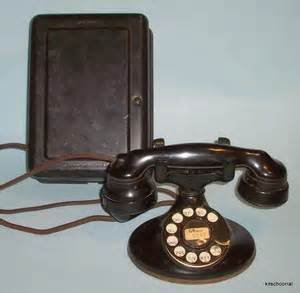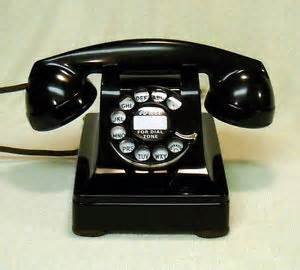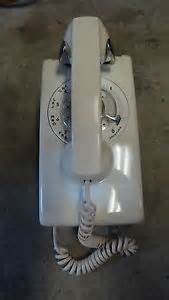The article was very simplistic...
The incredibly large spiderweb of wire that connects almost all of America is hugely expensive to maintain.
Would like to see a discussion of the upside/downside of this... As in...
What happens to DSL?
What part of "wired" would be eliminated for expense purposes? rural? or maybe all?
How much of the internet is represented by DSL?
Would elimination of analog free up more DSL?
What about cable competition... Comcast and Time Warner a total monopoly? More than now?
Seems like Internet Protocol would be a relatively easy changeover at a comparatively low conversion cost... ie. modem and basic phone.
Politically and morally, the question of 130 years of legal and monetary subsidies, and the public's ROI? But few would even understand that.
Are U.S. Telecom Networks Public Property?



